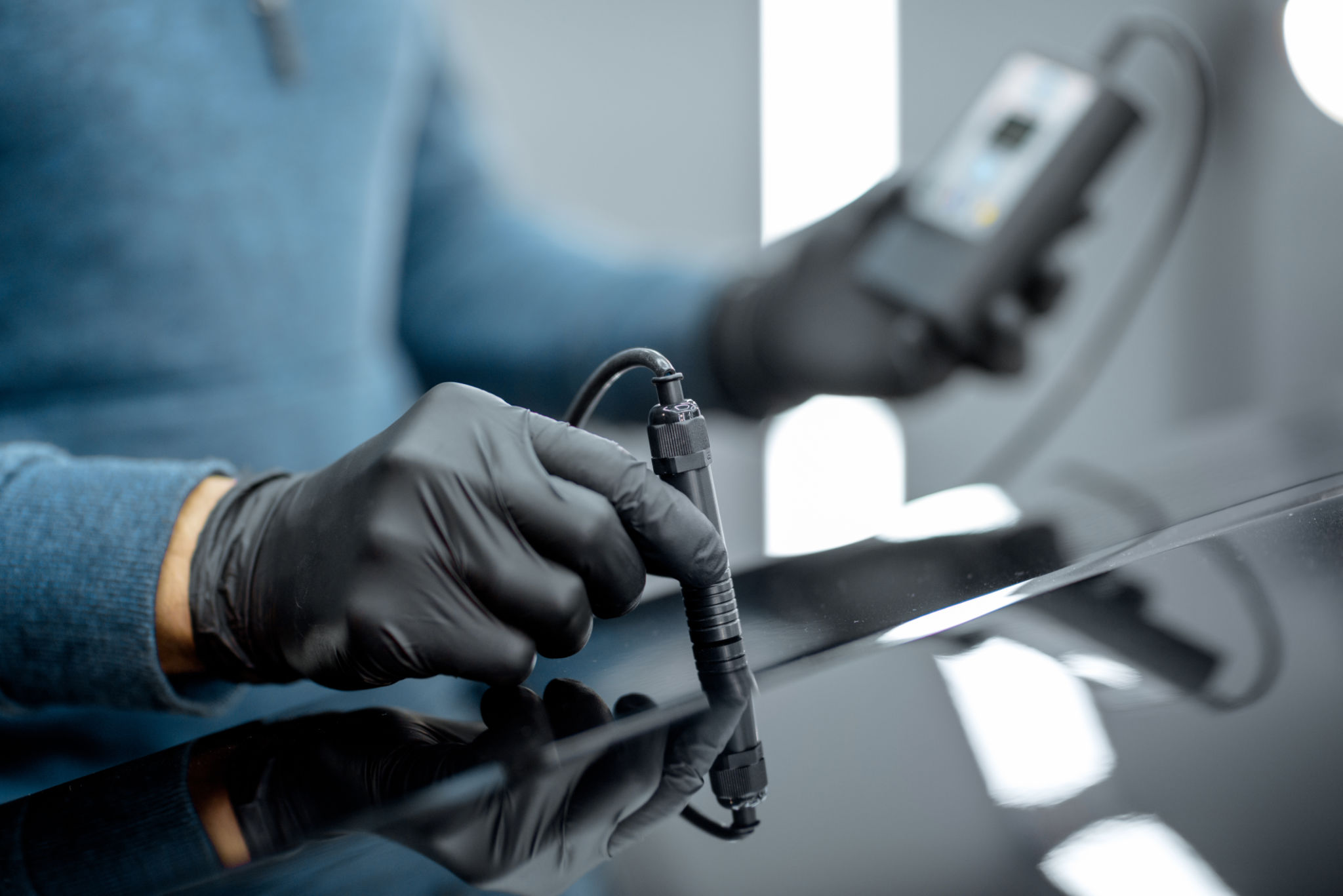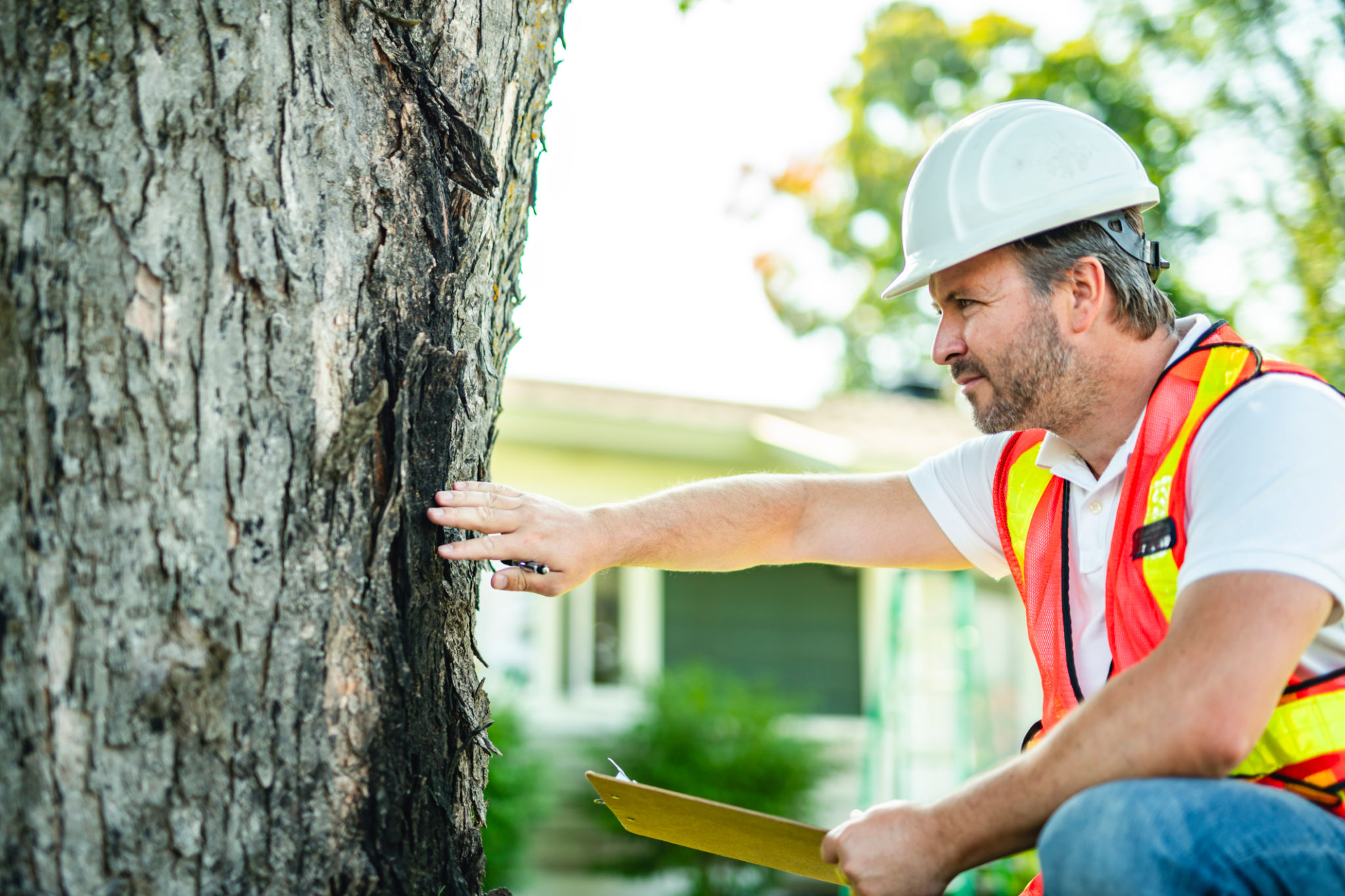How to Choose the Right Coating Inspector: Expert Tips
Understanding the Role of a Coating Inspector
When it comes to ensuring the durability and effectiveness of protective coatings, hiring the right coating inspector is crucial. A coating inspector plays a pivotal role in assessing whether the coating process meets industry standards and project specifications. They provide an unbiased evaluation, ensuring that the applied coatings protect surfaces from corrosion and other environmental factors.
Coating inspectors are responsible for examining various aspects of the coating process, from surface preparation to the final application. They utilize specialized tools and techniques to verify the quality of the work, ensuring it adheres to the required guidelines. Their expertise can significantly impact the longevity and performance of the coating.

Qualifications and Certifications to Consider
When selecting a coating inspector, one of the first things to consider is their qualifications and certifications. It is essential to look for inspectors who have undergone rigorous training and hold certifications from recognized organizations. Some of the notable certifications include:
- NACE Coating Inspector Program (CIP): These certifications are widely recognized in the industry and ensure that the inspector has a comprehensive understanding of coating inspection techniques.
- SSPC Protective Coatings Inspector (PCI): This certification focuses on surface preparation, environmental conditions, and application standards.
These certifications demonstrate that the inspector has a thorough knowledge of industry standards and best practices, making them well-equipped to handle your project.
Experience Matters
In addition to certifications, experience is a key factor when choosing a coating inspector. An inspector with a wealth of experience is likely to have encountered a wide range of scenarios and challenges, providing them with the insight needed to address potential issues effectively.

When evaluating experience, consider the types of projects they have worked on and their familiarity with different coating systems. Inspectors who have worked on similar projects to yours are more likely to understand your specific needs and deliver accurate assessments.
Communication Skills and Attention to Detail
An effective coating inspector must possess excellent communication skills. They should be able to convey complex information in a clear and concise manner, ensuring all parties involved understand the inspection results. This ability is crucial for facilitating collaboration between contractors, clients, and other stakeholders.
Furthermore, attention to detail is vital in coating inspection. A keen eye for detail helps inspectors identify even minor deviations from specifications that could impact the integrity of the coating system. This meticulousness ensures that issues are addressed promptly, preventing costly repairs down the line.

Utilizing Technology and Tools
The use of advanced technology and tools is becoming increasingly important in coating inspections. Modern inspectors should be proficient with digital inspection tools and software that enhance accuracy and efficiency. These tools often include digital thickness gauges, environmental monitoring devices, and specialized software for documenting findings.
Inspectors who stay abreast of technological advancements can provide more precise assessments, ultimately leading to better project outcomes. When choosing an inspector, inquire about their familiarity with these technologies and how they integrate them into their inspection processes.
Conclusion: Making an Informed Decision
Selecting the right coating inspector involves careful consideration of qualifications, experience, communication skills, attention to detail, and technological proficiency. By taking these factors into account, you can ensure that your project benefits from expert assessment, leading to a durable and effective coating application.
Investing in a qualified coating inspector not only safeguards your project's success but also offers peace of mind knowing that your surfaces are protected against environmental challenges.